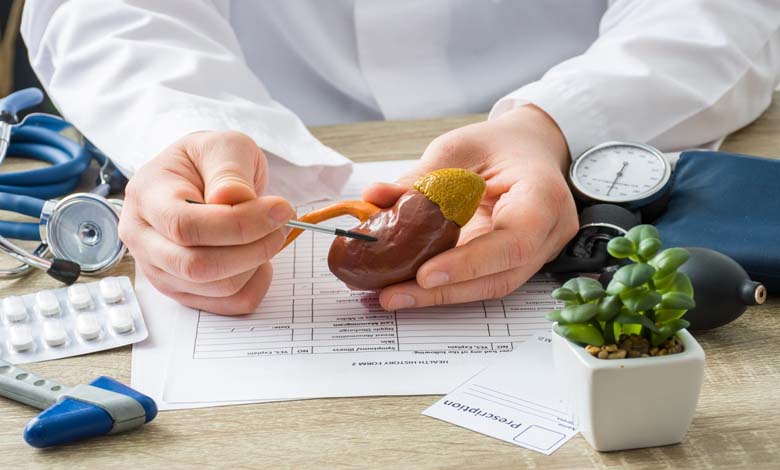Home remedies or medical treatments: what is best for dealing with kidney stones?

Kidney stones are a common health problem affecting millions of people worldwide. They form when substances in the urine, such as calcium, oxalate, or uric acid, crystallize and create solid deposits in the kidneys. The intense pain, nausea, and sometimes serious complications such as urinary infections or kidney obstruction make this condition not only painful but potentially dangerous. Many patients wonder whether home remedies or medical treatments are the best way to manage kidney stones effectively.
-
Calcium and potassium can prevent Kidney Stones
-
A doctor recommends a diet that protects the kidneys from stones
Understanding types of kidney stones
There are several types of kidney stones, each with specific causes and treatments. The most common include:
- Calcium stones: usually calcium oxalate, accounting for the majority of cases.
- Uric acid stones: often linked to high-protein diets and chronic dehydration.
- Struvite stones: typically associated with recurrent urinary tract infections.
- Cystine stones: rare, genetic in origin, and tend to form early in life.
The type of stone strongly influences treatment choices, as some natural remedies may prevent or dissolve certain stones but be ineffective or even harmful for others.
-
Tips to Preserve Kidney Health in Childhood
-
Deadly Kidney Inflammation: A New and Alarming Warning about the Potentially Fatal Risks of Cosmetic Filler Injections
Home remedies: prevention and mild management
Many individuals use natural strategies to prevent stone formation or relieve mild symptoms. These include:
- Adequate hydration: drinking sufficient water is the simplest and most effective way to dilute urine and reduce the concentration of crystallizing substances.
- Balanced diet: limiting foods high in oxalates (spinach, beets), reducing salt, and avoiding excessive animal protein can decrease the risk of calcium or uric acid stones.
- Herbal remedies: some plants, such as lemon juice, dandelion, or red clover root, are traditionally used to help eliminate small stones and support kidney function.
- Natural supplements: magnesium and vitamin B6 may help reduce urinary oxalate and prevent stone formation.
These methods are particularly suitable for people with very small stones (less than 5 mm) that can be naturally expelled. However, they are not suitable for severe cases and do not replace proper medical supervision.
-
Does a High-Protein Diet Cause Weight Gain?
-
Overconsumption of Almonds: Hidden Effects That May Threaten Your Health
Medical treatments: effectiveness and safety
For larger or symptomatic stones, medical interventions are often necessary:
- Extracorporeal shock wave lithotripsy (ESWL): uses shock waves to break stones into smaller pieces for easier passage.
- Ureteroscopy: a small endoscope is inserted through the urethra to remove or break the stone.
- Percutaneous nephrolithotomy: surgical procedure to remove large or complex stones.
- Medications: certain drugs, such as alpha-blockers, facilitate stone passage. Others, such as uric acid inhibitors, prevent new stone formation.
These treatments provide faster and safer relief, reducing the risk of complications such as kidney obstruction or infection. Medical follow-up also allows for identifying the root cause of stone formation and adjusting preventive measures accordingly.
-
Excessive vitamin intake threatens liver health
-
What is the link between potato consumption and heart disease?
When to combine both approaches
In many cases, a combined approach is most beneficial. For example:
- Proper hydration and a suitable diet can complement lithotripsy or ureteroscopy to reduce the risk of recurrence.
- Herbal remedies can be used as support while awaiting natural passage of a small stone, but under medical supervision to avoid interactions or complications.
- Patient education on risk factors (dehydration, diet, family history) remains crucial, whether adopting a natural or medical approach.
-
“Calcium Storm”: A Highly Potent Drug against Cancer
-
6 Signs You Are Consuming Too Much Protein
There is no one-size-fits-all solution for kidney stone patients. Home remedies are suitable for mild cases and prevention, while medical treatments are essential for large or symptomatic stones. The best strategy often combines both, under healthcare supervision, to address the immediate problem while minimizing the risk of recurrence and long-term complications.












